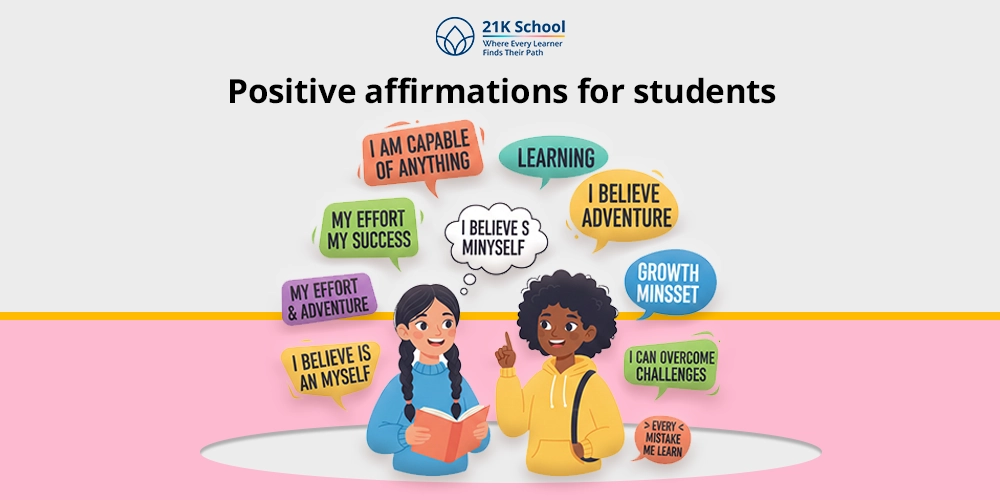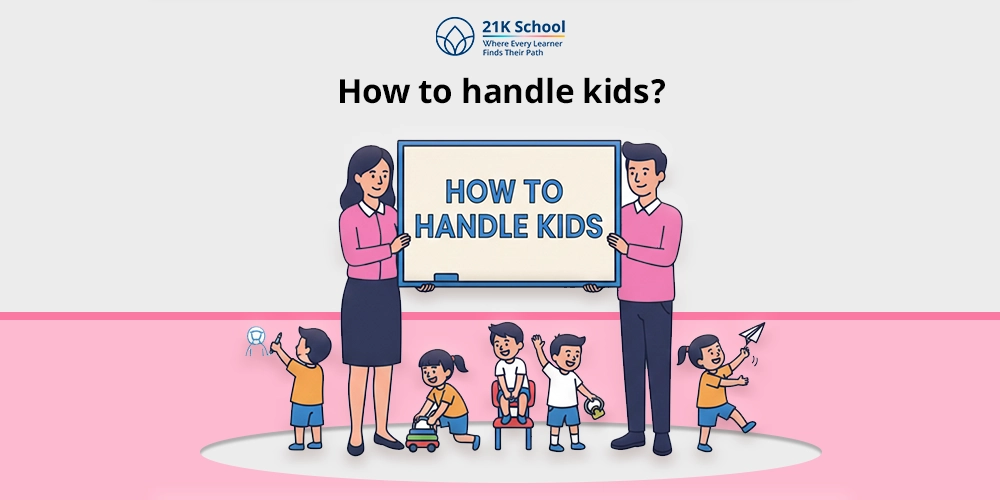
In the 21st century online learning has become a essential part of our education system.
Online education has lots of benefits as compared to theoretical learning. Regular learning only focuses on theoretical subjects whereas online learning focuses on practical exposure.
However, teaching in online education is very challenging for teachers. Since the pandemic teaching in online mode without proper resources has remained a challenge for teachers. Even various challenges are faced by homeschoolers.
Many teachers have to deal with various difficulties both within and outside of the classroom which can make the job seem overwhelming.
Even though the benefits frequently exceed the drawbacks it’s crucial to recognize the difficulties teachers deal with on a daily basis.
Teachers can benefit from knowing they are not alone in their struggles and from parents and administrators providing them with better support.
Table of Contents
- Top 10 Challenges of Online Teaching
- 1. Lack of Motivation:
- 2. Technical Challenges:
- 3. Lack of Face to Face Communication:
- 4. Tracking Student Progress:
- 5. Lack of Infrastructure:
- 6. Time Management and Workload for Teachers:
- 7. Distraction:
- 8. Lack of Personal Interaction and Socialization:
- 9. Security and Privacy Issues:
- 10. Lack of Adequate Teachers:
- Mental Health and Well-being of Educators and Students
- Strategies to Overcome Online Teaching Challenges
- Conclusion
Top 10 Challenges of Online Teaching
A wide number of challenges are faced in online teaching, and various schools and institutions that provide online learning face various challenges, even if they hinder holistic education.
Below you can check the challenges of online education faced by teachers while teaching.
1. Lack of Motivation:
In online learning, there is a high chance of a lack of motivation as compared to face-to-face interaction. This makes teachers to difficult to cope with the motivational problems of students.
To cope with these problems teachers have to find new innovative ways to keep students motivated and engaged.
2. Technical Challenges:
Technical challenges are one of the major issues during online classes such as device shutdowns or restarts or a sluggish internet connection can cause issues when participating.
This creates problems for teachers to cope with it. However, this problem can be resolved by keeping in contact with professors and teachers. They can be flexible with the class schedule or set up recorded sessions.
3. Lack of Face to Face Communication:
Lack of face to face communication is one of the major reasons that create hindrances in teaching learning process.
Due to the lack of face-to-face communication teachers find it tough to have proper interaction between children. This issue can be overcome if there are some perfect visual platforms and small groups.
4. Tracking Student Progress:
One of the challenges faced by teachers is tracking student progress. As in online education, it is very tough to measure the performance of the candidates.
Due to this, situation teachers are unable to complete their assessment programs.
One of the major drawbacks of online education is there is no option to check the performance of the students. This can be overcome if students or teachers cooperate in a friendly manner to keep their progress at a high peak.
5. Lack of Infrastructure:
Lack of infrastructure is one of the major reasons for making online education challenging.
In schools and colleges, there are very less resources or infrastructure for the proper online environment. Due to this teachers find it challenging to obey the online classes with such low resources.
6. Time Management and Workload for Teachers:
Managing time was another issue that teachers faced in online teaching methods. Studying or teaching in an online way within a limited time has created a workload for teachers.
Teachers and students may become less organized as a result of taking on more duties leading to poor time management.
7. Distraction:
Distraction is one of the major reasons for online education. Compared to traditional classroom settings studying or teaching from home can be more distracting.
Distractions such as family issues, social issues, technical issues, and so on consume time and create hindrances in teaching-learning process. To overcome this problem it is essential to set a proper environment in an online setting.
8. Lack of Personal Interaction and Socialization:
In online learning there is very little chance of personal interaction, online classrooms usually lack face-to-face interactions among students and teachers which creates a hindrance between students and teachers.
This can make it difficult to establish rapport provide individualized feedback and identify struggling students.
This makes children more isolated and makes it tough for students to socialize. This also reduces collaborative learning among students as well.
9. Security and Privacy Issues:
Privacy issues are one of the major concerns for online teaching and learning. Security issues with online instruction are common and include content duplication, unauthorized distribution, and intellectual property violations.
This may have an impact on the institution’s reputation as well as the educator’s reputation and also creates security concerns for students.
10. Lack of Adequate Teachers:
One of the major hindrances of online learning is the lack of adequate teachers. For one class of 30 to 40 students, there is only one teacher.
This creates a challenging task for teachers to control the entire class in one setting. To overcome it is essential to acquire opportunities for students and create a suitable teacher-student ratio.
Mental Health and Well-being of Educators and Students
Mental health is very much essential for both teachers and students to have positive outcomes.
Somehow, online education during and after the pandemic has created lots of mental pressure for both teachers as well as students.
Activities for teachers’ mental health and wellness should be continuous and comprehensive. Teachers can enhance and preserve their personal well-being by incorporating self-care practices like exercising, socializing with friends and establishing boundaries at work.
Here is why teachers’ and students’ mental health matters.
1. Cause Stress:
Online education has created a lot of work pressure for teachers, due to which they have to deal with stress and anxiety.
For the same students also face various challenges that affect the cognitive development of children.
2. Job Pressure:
Teachers have to face a lot of pressure in order to complete the study course at the appropriate time.
With the lack of insufficient time, teachers and students both have to face mental trauma, which creates hindrances among them to complete their assessments.
3. Behavioural Challenges:
Sometimes, teachers find it tough to deal with students. Students behave oddly, especially in online classes, where teachers don’t have any options to control them.
This creates lots of mental trauma and pressure among teachers.
4. Worry of Isolation:
Due to the solitary nature of the online study and work teachers and students both feel a sense of isolation.
Feelings of loneliness and professional disconnection can be exacerbated by a lack of supportive networks and little interaction with peers during the online class.
5. Emotional Feeling:
In addition to addressing their student’s academic and personal challenges teachers usually form close emotional bonds with their students.
The emotional strain sometimes impacts the mental health of teachers. So, it is essential for teachers and students to develop a sense of equality.
Strategies to Overcome Online Teaching Challenges
Online teaching has lots of challenges and overcoming them is very essential.
Teachers face lots of challenges such as distraction, lack of infrastructure, lack of face to face interaction, socialisation, and so on while teaching students in an online medium.
There are various online teaching tips one can use to overcome online challenges. Below you can check the strategies to overcome teaching challenges.
1. Reduce Distraction:
Distraction is one of the major reasons for online learning. By reducing distractions such as background noise, family issues, and other concerns they can effectively overcome the online teaching challenges.
2. Take Breaks:
Breaks and rest is very much essential to promote a healthy and sound mind. A break of 10 to 20 minutes after every class is very necessary.
This allows teachers to work more effectively and reduces their stress and anxiety. Through this, they can concentrate more easily and enhance their teaching efficacy.
3. Adapt Proper Technology:
Technical issues such as internet disconnection, data challenges, etc. Is a major challenge in one study.
This can be overcome if teachers use proper technical resources, such as adequate internet or wifi connection, proper technical devices, and so on. This will help to conduct smooth classes.
4. Plan in Advance:
Lessons, plans and the selection and integration of instructional aids presented the next challenge. Teachers must prepare plans in advance.
A good plan will allow them to prepare for future scenarios and help students as well to get clarity on the subjects.
5. Evaluation:
Evaluation and feedback are very necessary to foster a healthy learning environment.
To determine areas that require improvement get input from parents students and other interested parties. Utilize analytics and data to monitor student development and involvement.
Conclusion
Although there are many benefits to online learning there are also many difficulties for educators.
Teachers have to negotiate a challenging environment that includes everything from technical challenges and low student motivation to problems with interpersonal communication and mental health.
In order to create a nurturing atmosphere where teachers and students can flourish it is imperative to acknowledge these difficulties.
Teachers can improve their online teaching experience by putting into practice practical strategies like minimizing distractions taking breaks and using the right technology.
In the end, cooperation between educators parents and administrators is necessary to overcome these obstacles and guarantee that everyone’s online learning experience is successful.


